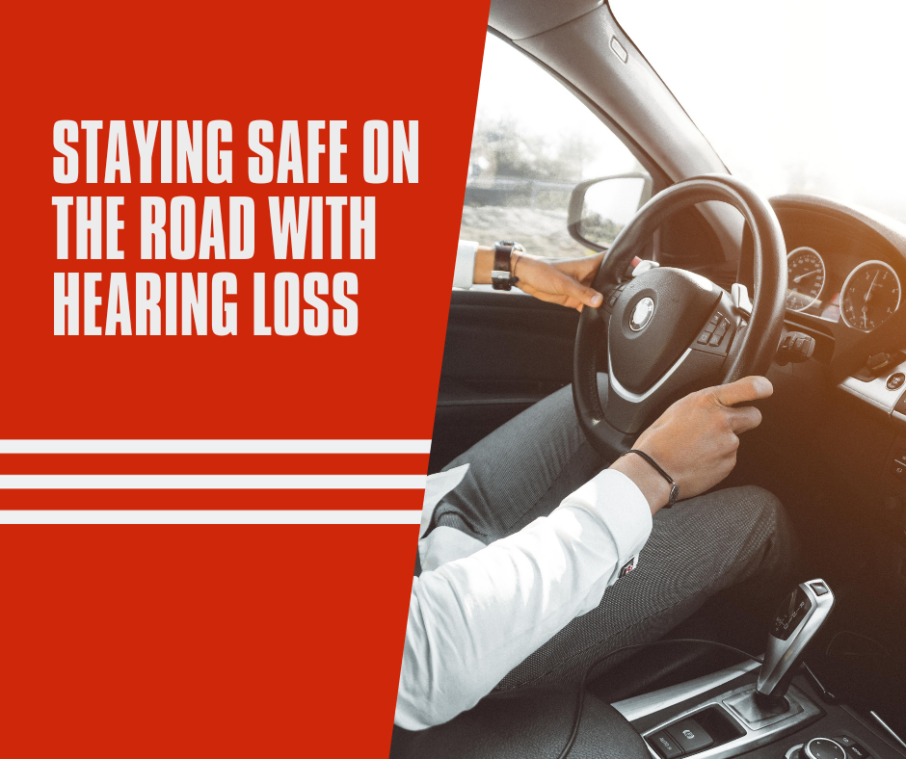Hearing loss is a common challenge, especially for older adults. But should it mean giving up on driving? The answer isn’t always black and white. While it’s something to consider, skilled drivers can still navigate the roads with some adjustments, even if they need to turn the radio down.
For frequent drivers, the question of safety becomes even more pressing. Is your hearing loss putting you or others at risk?
Think Beyond the Road:
While mild hearing loss may not significantly impact your driving, ignoring it can lead to trouble down the line. Johns Hopkins Medicine points out the strong link between hearing health and brain health. Straining to hear takes a toll on your brain, impacting cognition and potentially increasing the risk of dementia – a condition that definitely makes driving unsafe.
Can You Still Drive with Hearing Loss?
The good news is, with some precautions, you can! Around 48 million Americans with hearing loss still drive, according to the Center for Hearing Communication. The key is to be aware of the challenges and take steps to compensate.
Tips for Safe Driving with Hearing Loss:
Seek Help: Don’t delay! Schedule a hearing test to assess your condition and explore hearing aid options. Hearing aids can significantly improve your driving experience.
Heighten Your Awareness: Even with hearing aids, be extra vigilant. Pay close attention to your surroundings and fellow drivers.
Minimize Distractions: Keep the car quiet. Ask passengers to lower their voices and turn down the radio.
Become a Dashboard Detective: Be mindful of visual cues. Check your turn signals, warning lights, and other indicators regularly.
Maintain Your Vehicle: Regular car servicing is crucial for everyone, but even more so for drivers with hearing loss. You might miss warning sounds for engine problems or other issues.
Watch the Road: Pay close attention to other drivers. Emergency sirens, horns, and even subtle changes in traffic flow might be harder to hear. Use visual cues from other vehicles to stay informed.
The Bottom Line:
Whether you can safely drive with hearing loss is a personal decision. With careful adaptation and the right tools, most drivers can adjust. But if you have concerns, don’t hesitate to call Comprehensive Ear & Hearing for help. We can assess your situation and recommend the best course of action for enjoying the freedom of the open road.
Call today to schedule your hearing test and explore your hearing aid options! You can also download our Visor Card to help with emergency communication here or pick one up on a visit to our office.


